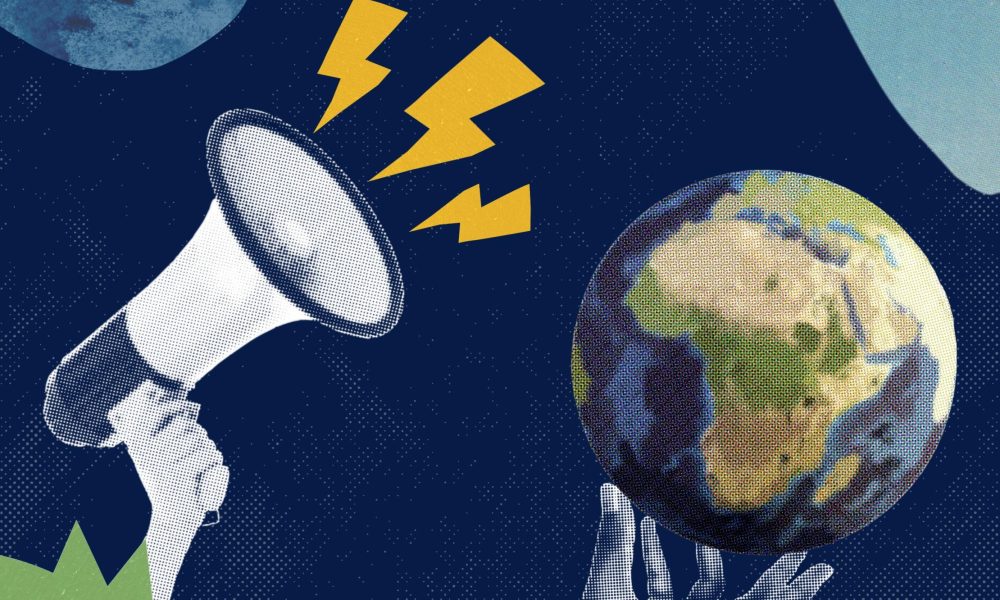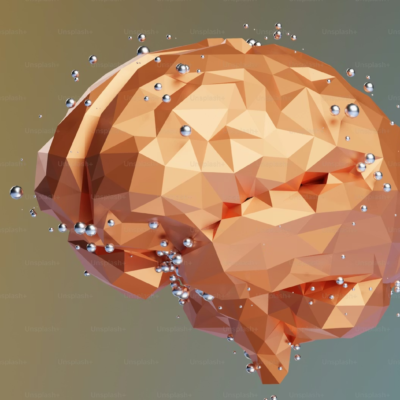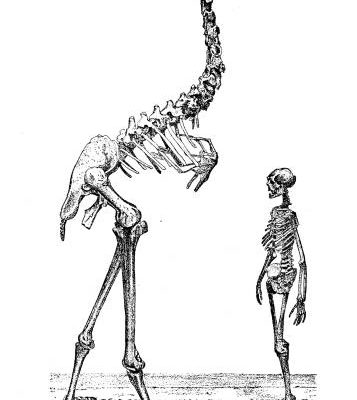This is our only planet. How is climate change affecting us?
Do you ever go outside with a planned-out outfit, just to realize it is way too hot or cold? Or the weather app ended up being wrong? Everyone has experienced this at least once in their life, and it is extremely inconvenient. This inconvenience comes from climate change. Climate change is the big topic everyone knows about, yet not everyone knows how it affects them personally. This is upsetting, as climate change really is a big issue. Here’s how it is showing up in your life:
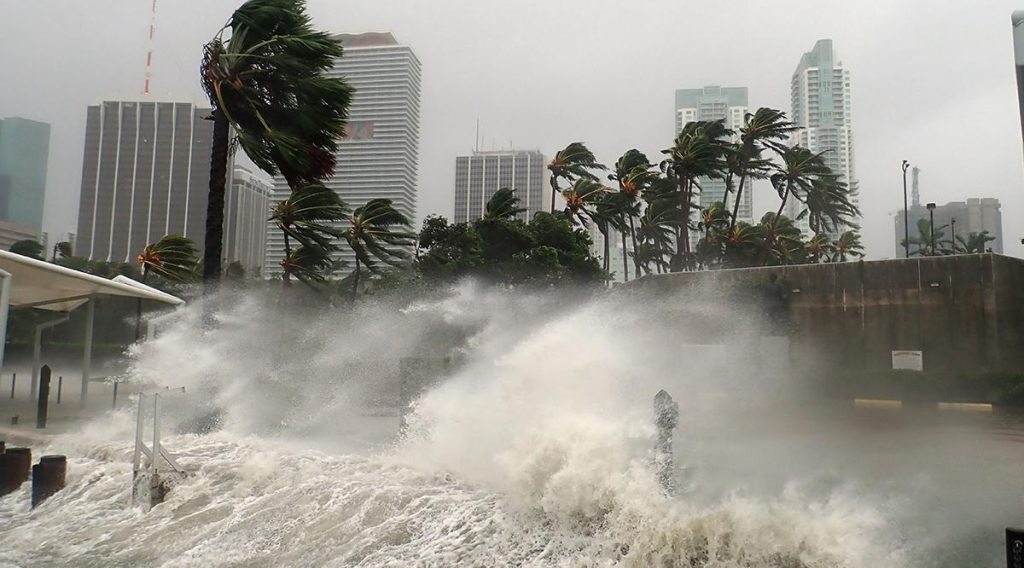
1. Extreme weather changes
The increase in greenhouse gases getting released into the environment is from the burning of fossil fuels, and the gases released from the burning trap heat inside our atmosphere. This causes changes to the weather and rising temperatures. As everything gets hotter, it disrupts the water cycle. More evaporation leads to more moisture in the air, which creates stronger storms and other forms of extreme weather.
We’re already seeing these changes in weather patterns: longer summers, shorter winters and sudden drastic shifts in temperature. There are floods in Texas, while there are droughts in Brazil. These shifts affect everyone in different ways, but everyone is affected.
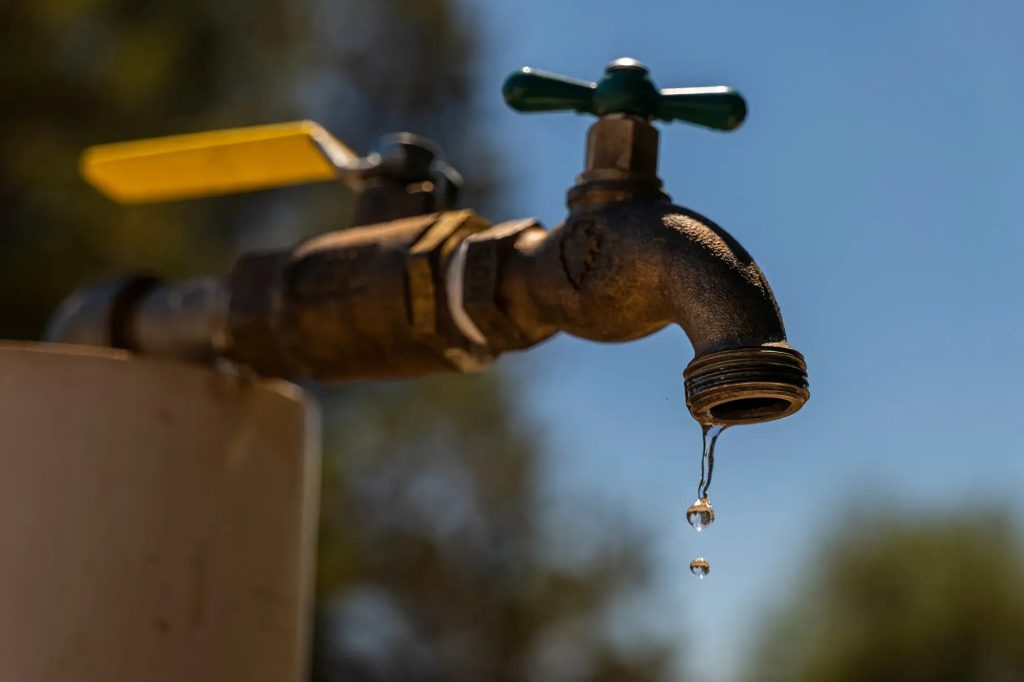
2. We have less fresh water and food
The water cycle has to be one of the most important systems; there’s a reason every 3rd grader learns about it. Changes in the climate disrupt the water cycle, and disruptions in the water cycle lead to unpredictable weather, which makes it harder for plants to grow. However, agriculture isn’t just affected by these changes in the water cycle. Farmers use fertilizers or pesticides to grow food, but excess leads to runoff. Pollution from runoff contaminates our water sources and kills ecosystems.
Runoff is not the only problem; extreme temperatures from global warming damage plant cells, killing the plants we need for survival. UN agencies warn that by 2030, water shortages could leave half of us without enough clean water. This isn’t a small problem, as people are already dying from starvation and dehydration.
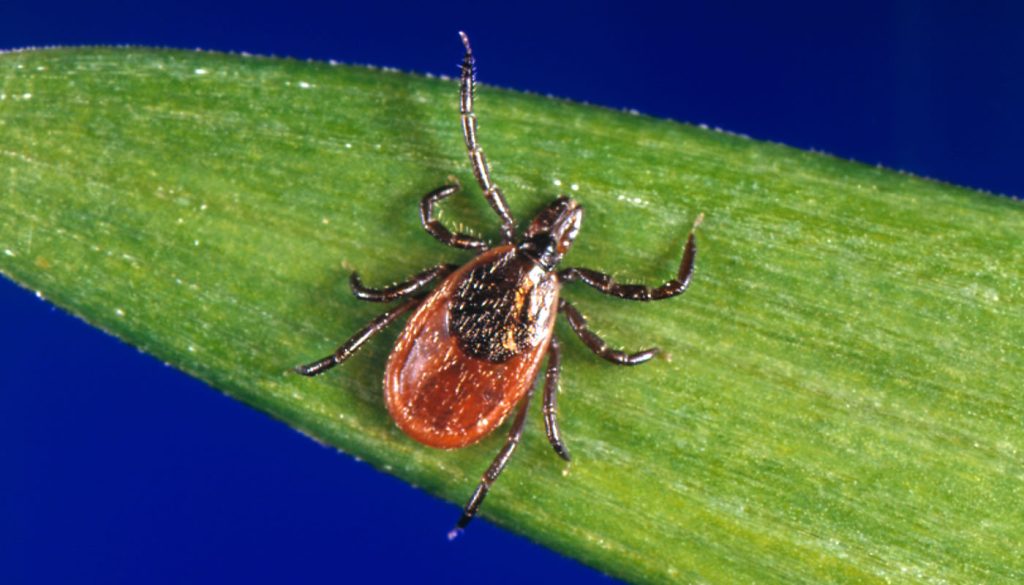
3. Increased infectious disease
As the planet gets warmer due to heat being trapped in the atmosphere, bacteria and parasites thrive. Hot, humid conditions allow them to survive longer and reproduce faster. Vector-borne diseases, which are spread from animals to humans, are also increasing. An important example of this is Lyme disease, which comes from ticks. Ticks were originally found in the Northeast, but are now appearing in places they haven’t been before. Climate change isn’t just an environmental issue, it’s a health crisis that already has, and will continue to, affect millions.
Learn more:



